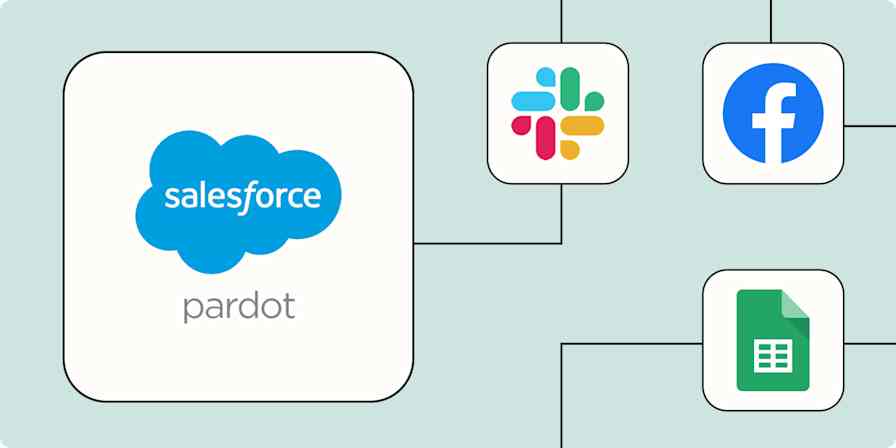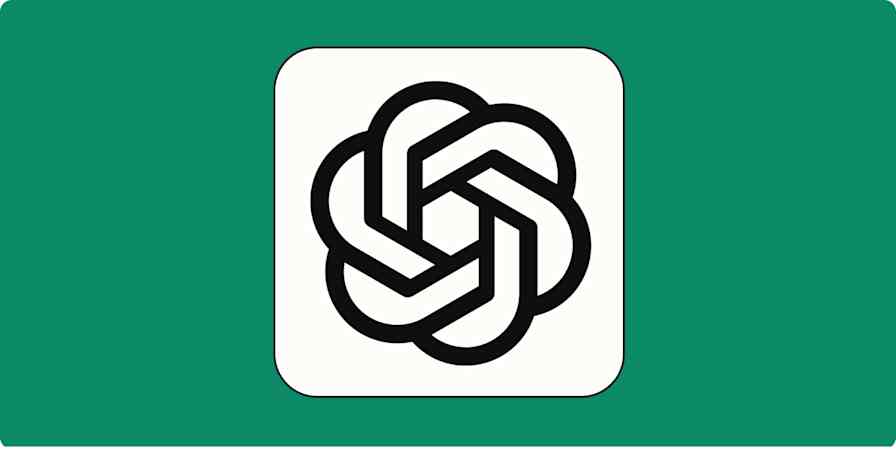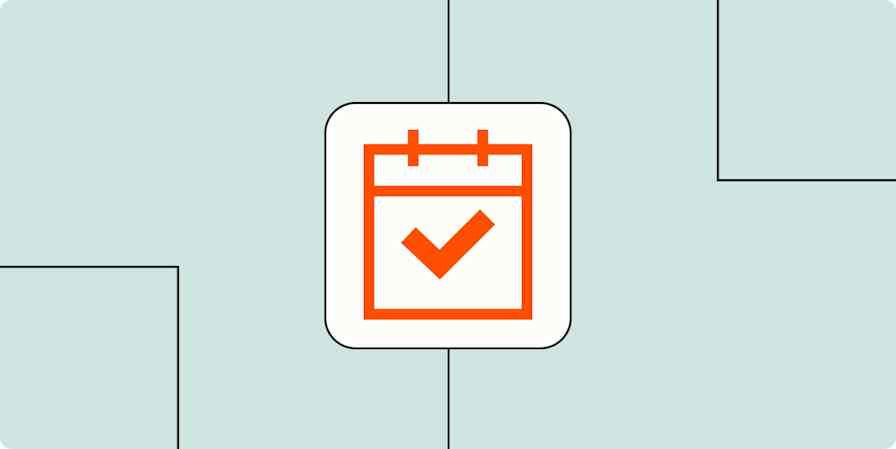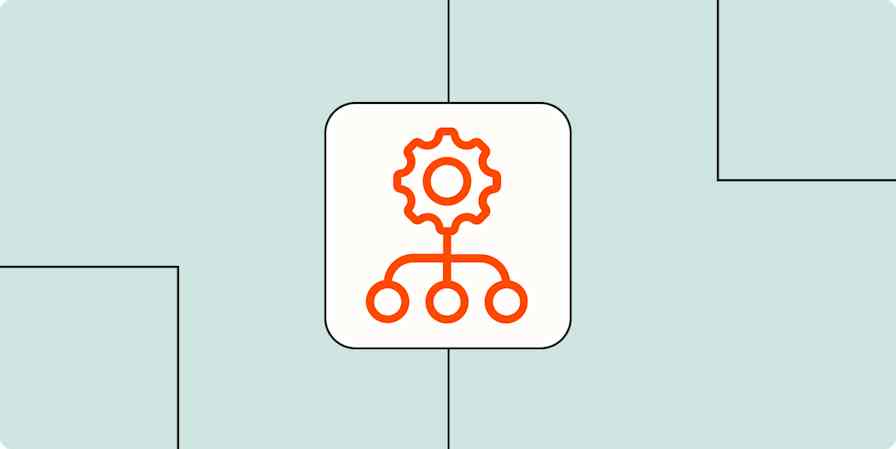Business tips
5 min readMoving from a hyper-local to a (hopefully) global business
How Timbertown plans to pour a cup of coffee for the internet
By Julie Reyburn · January 25, 2021

Get productivity tips delivered straight to your inbox
We’ll email you 1-3 times per week—and never share your information.
Related articles
Improve your productivity automatically. Use Zapier to get your apps working together.








